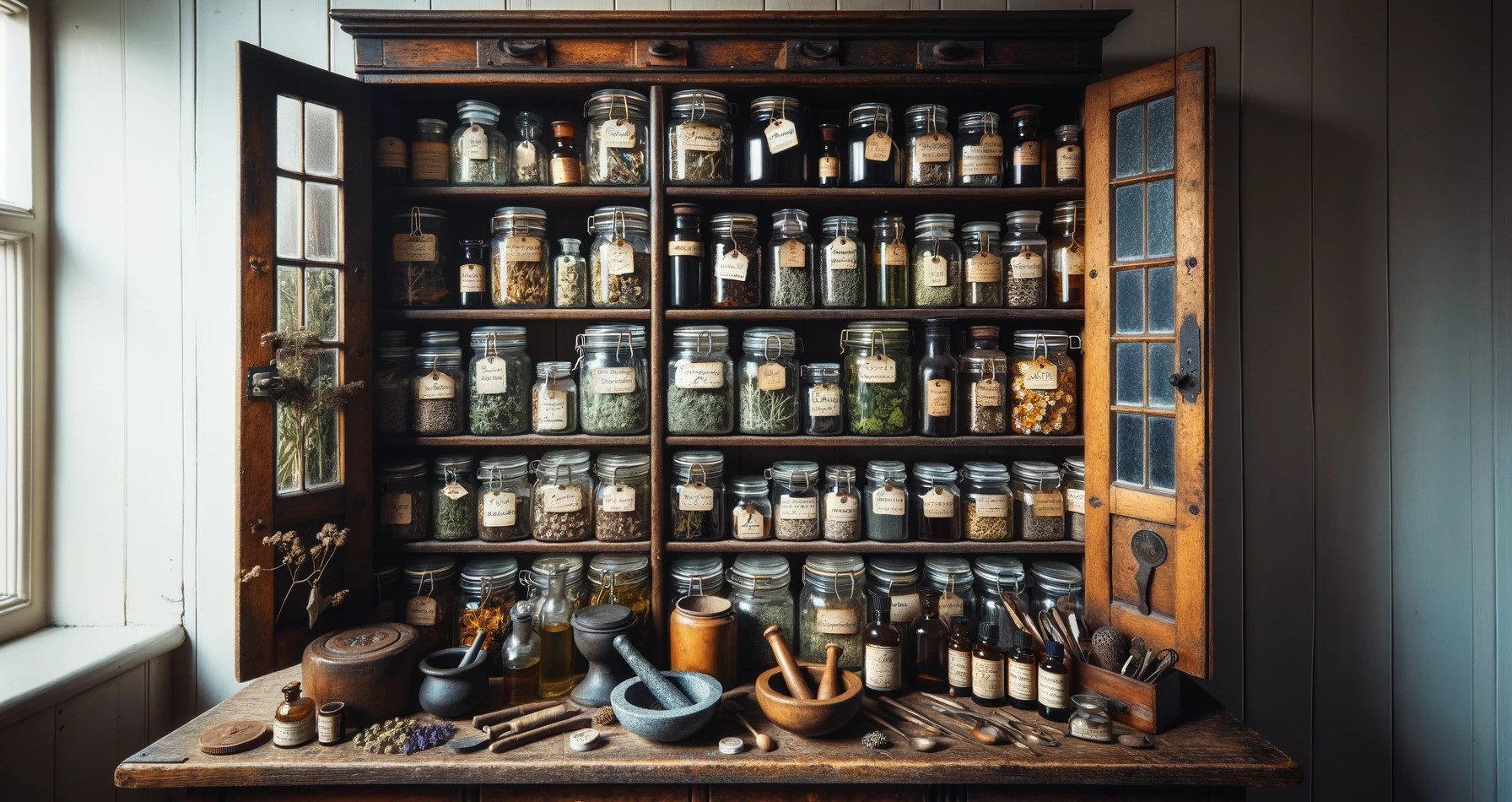Home remedies have been a cornerstone of self-care and basic healthcare in many cultures for centuries. Despite the advancement in modern science, these traditional methods still hold a significant place in treating minor ailments and everyday problems, often proving to be more effective, accessible, and affordable than official solutions. This brief article explores the effectiveness of home remedies, for a start with a focus on gardening solutions for pests and mildew, and then remedies for minor human ailments like wounds, colds, and rashes.
Garden Remedies: Pest and Mildew Solutions
Gardens are often plagued by pests and mildew, but chemical pesticides can be harmful to the environment and the health of both the plants and the gardener. Home remedies offer a safer and often equally effective solution. For instance, a mixture of neem oil and water can be an excellent natural pesticide. Neem oil is derived from the neem tree and is known for its ability to repel a wide range of pests. Similarly, a solution of baking soda, water, and a mild detergent can be an effective fungicide against mildew. These solutions are not only eco-friendly but also less costly than their commercial counterparts.
Example Remedies for Minor Human Ailments
Wounds
For minor cuts and wounds, home remedies can be surprisingly effective. Honey, for instance, has been used for centuries for its antibacterial properties. Applying a thin layer of honey on a wound can help prevent infection and promote healing. Another remedy is the use of aloe vera, known for its soothing and anti-inflammatory properties, which can accelerate the healing process.
Colds
The common cold, while not curable, can be managed effectively with home remedies. A classic example is the use of ginger tea, which can alleviate symptoms like sore throat and congestion. Honey and lemon tea is another popular remedy, as both ingredients have properties that can soothe a sore throat and boost the immune system.
Rashes
For skin rashes and irritations, home remedies often prove to be gentle and effective. Oatmeal baths are a well-known treatment for soothing itchy and irritated skin, thanks to the anti-inflammatory properties of oatmeal. Similarly, applying coconut oil, which has moisturising and antibacterial properties, can help alleviate the discomfort of rashes.
A Resurgence of the Old Ways
In recent years, there has been a growing realization that many home remedy skills, once integral to daily life and passed down through generations, have become lost to time or overshadowed by the advent of modern medicine. This gradual fading of ancestral knowledge is a significant cultural loss, as these remedies often encapsulate not only healing techniques but also a deep connection with nature and traditional wisdom. However, a resurgence of interest in these old healing ways is now evident, as people increasingly seek to uncover, rediscover, and resurrect these methods. This revival is driven by a desire to reconnect with nature, to embrace more sustainable and holistic approaches to health, and to reclaim a part of our heritage that offers gentle yet effective alternatives to conventional medical treatments. This movement isn’t just about health, it’s also about preserving cultural identity, fostering self-sufficiency, and acknowledging the value of knowledge that has stood the test of time.
Mistrust in The System
Also in recent years, there has been a noticeable increase in mistrust towards the modern medical profession, a sentiment fuelled by perceived inadequacies in care and instances of professional incompetence. This erosion of trust is often attributed to a combination of factors, including high-profile medical errors, a perceived lack of empathy and personal attention in patient care, and a growing sense of alienation due to the often impersonal nature of modern healthcare systems. Additionally, the rise of social media and the internet has made it easier for patients to share their negative experiences, further amplifying concerns about the quality and reliability of medical care. This scepticism has led many individuals to seek alternative health practices or rely more heavily on self-diagnosis and treatment, sometimes to the detriment of their health, but often with surprisingly successful results.
In Conclusion
While home remedies should not entirely replace modern medical advice, especially in severe cases, they offer a viable alternative for managing minor issues effectively and naturally. Their benefits extend beyond their healing properties; they are also a testament to the wisdom of traditional practices and the power of nature in providing solutions. As awareness and preference for natural and sustainable options grow, home remedies continue to gain popularity and acceptance as a complement and sometimes replacement to modern medicine.
